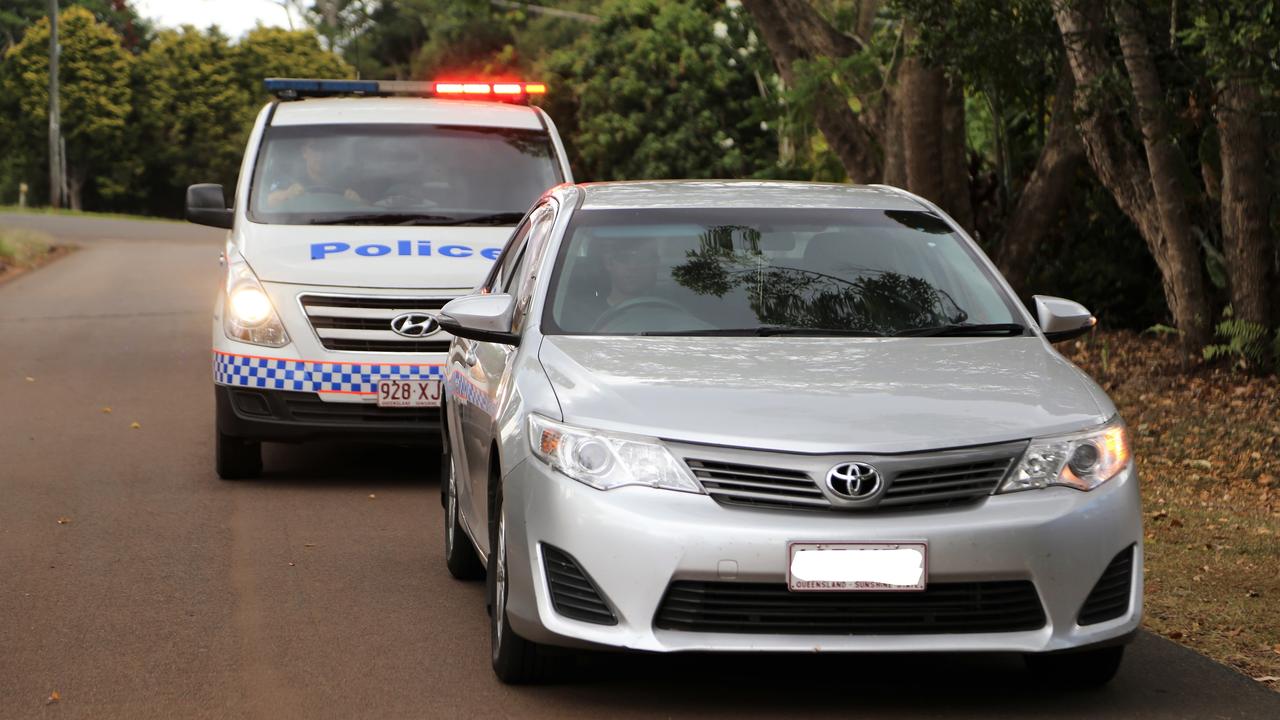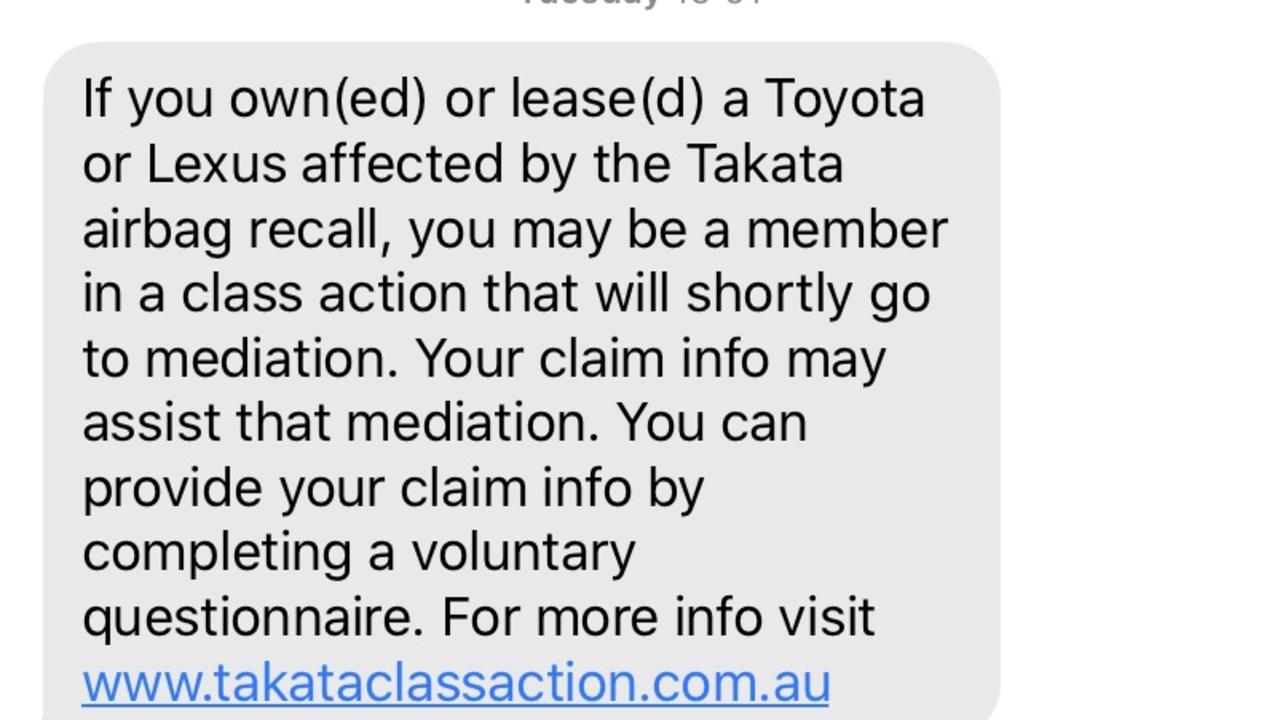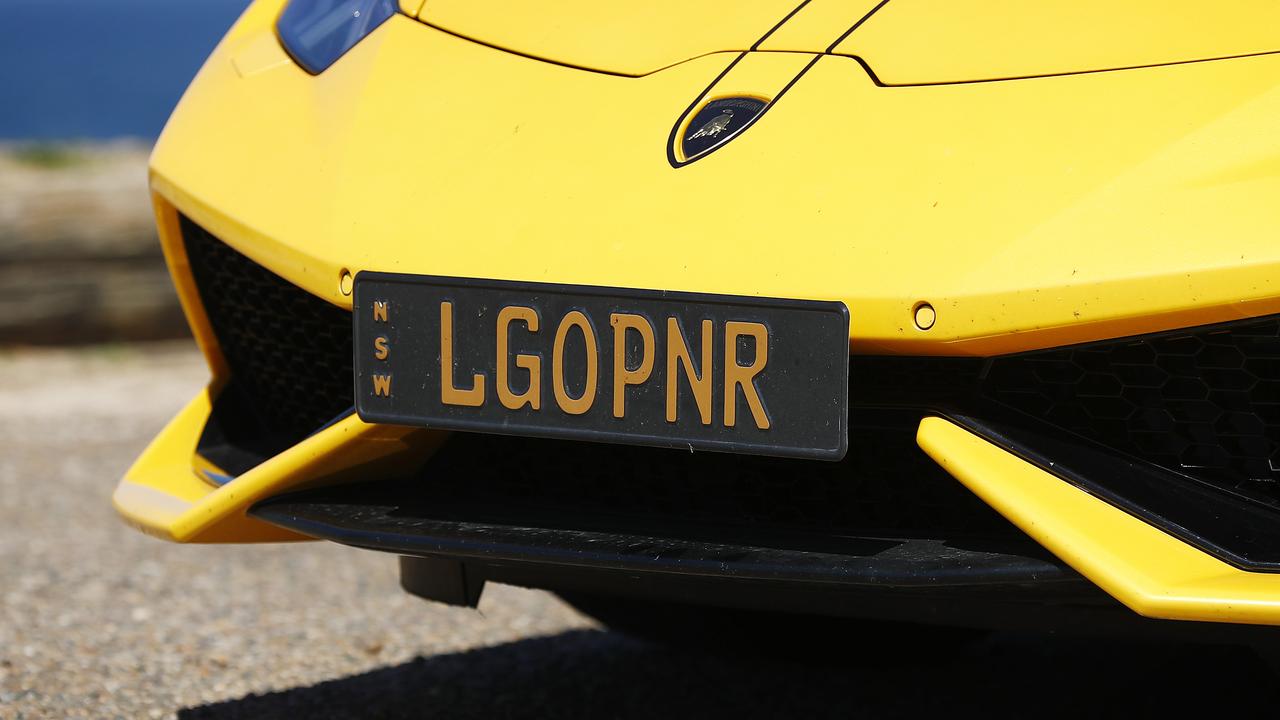New report reveals Australia’s most congested city
THE capital city with the slowest traffic isn’t what you expect.

A new report has confirmed what we all know: we’re spending more time stuck in the traffic. But some cities have it worse than others and the results are not what you might expect.
The AAA’s (Australian Automobile Association) annual congestion report details the average speed during peak periods for each capital city’s major arteries.
Adelaide has taken the crown for Australia’s slowest moving city with an average peak hour speed of 54.3km/h.

Anonymous data for the study was collected from smartphones, vehicle sensors, GPS devices and road sensors and covered more than six million road segments.
Sydney is the second slowest commute. Motorists in the harbour city average speeds of 59.2km/h on its major roads during the morning and evening peaks.
Melbourne was the next city down with average speeds of 59.9km/h. Perth was the fourth worst city followed by Hobart and Canberra.

Brisbane has lost its title as the city that suffers the least amount of congestion to Darwin after the river city experienced a fall in average speed to 71.5km/h in 2018.
Another metric for measuring congestion is the drop in average peak hour speeds compared to times of free-flowing traffic. For this metric Sydney trumps all experiencing the biggest slow down during peak periods.
READ: Simple road rule that could end traffic jams forever
READ: Driver aid that can prevent traffic jams
The AAA’s boss Michael Bradley has urged governments to develop strong solutions to congestion problems.
“No-one benefits from congestion and everyone pays. But if we are to develop effective solutions, we first need a strong understanding of the problem and how and where it’s changing,” says Bradley.

“This report confirms what most people living in our major cities know all too well. But we hope it also help stimulate discussion and problem-solving so that Australia can develop smart measures to address our worsening congestion,” he says.
But a reduction in the fuel excise collected — a tax that is used to fund road improvements and maintenance — due to more fuel efficient vehicles on the road could see road budgets tightened. The coming tsunami of electric cars could see the revenue collected plummet prompting questions on how will the road network be funded in the future.




